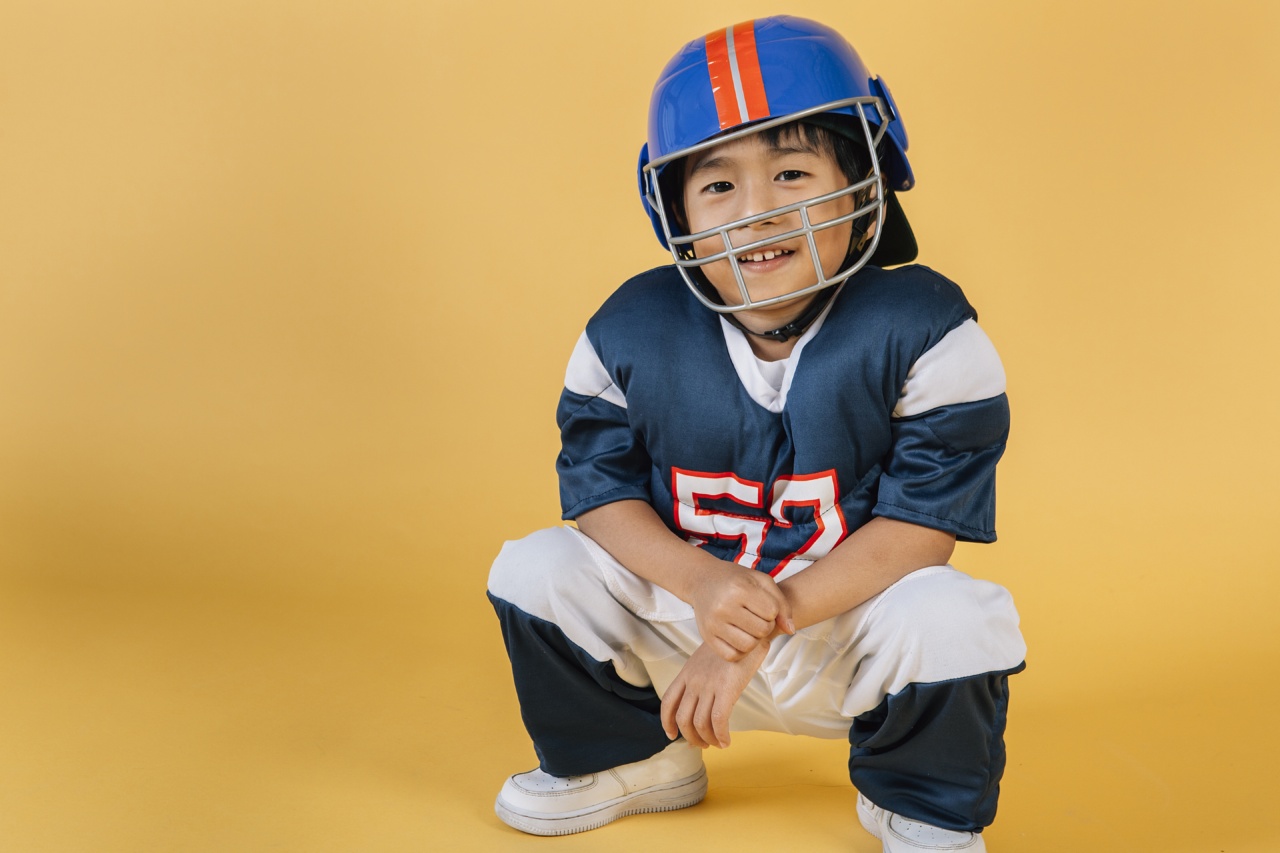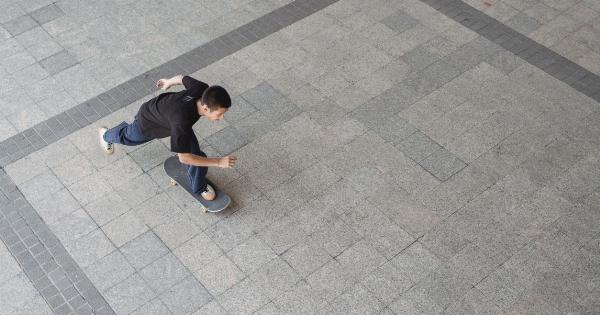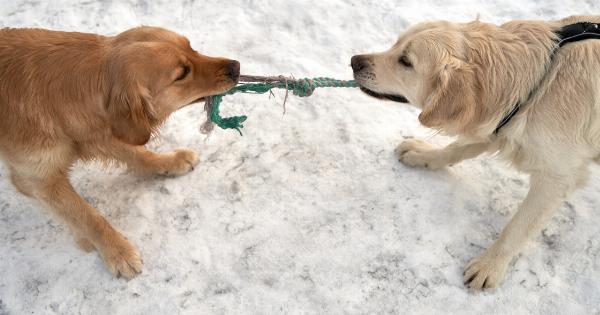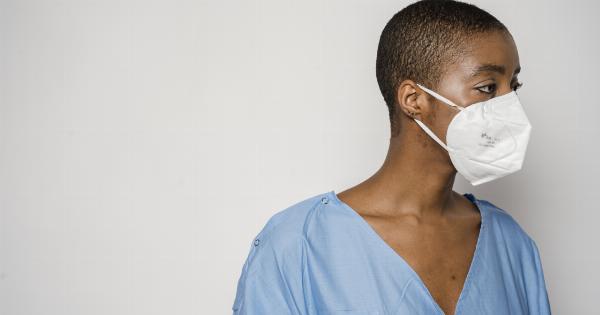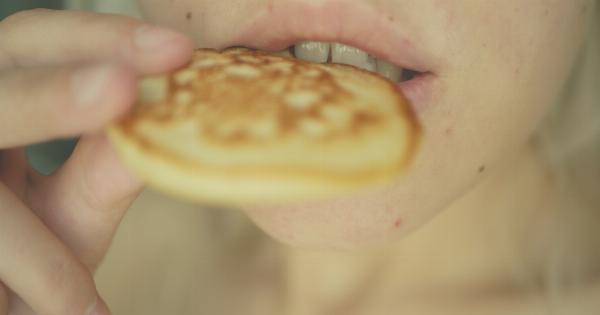Participating in sports is an excellent way to stay fit and healthy. However, sports activities can be associated with various types of injury risks, including dental injuries.
These injuries can cause both physical and emotional pain and may lead to long-term dental problems if not managed correctly. Therefore, protecting your smile while engaging in sports should be a top priority for every athlete.
Understanding Dental Injuries in Sports
Dental injuries are prominent in various sports, including football, hockey, basketball, and even non-contact sports like gymnastics.
These injuries can result from collisions with other players or hard surfaces, falling, or being hit by equipment or projectiles. Some common types of dental injuries include:.
Chipped and Fractured Teeth
Chipped or fractured teeth are the most common dental injuries associated with sports. Biting down on a hard object, getting hit by another player, or landing hard can break or chip teeth, causing pain, sensitivity, and cosmetic concerns.
Tooth Intrusion
Tooth intrusion is a severe dental injury that can occur when a tooth is pushed up into the jawbone. This injury can damage the tooth root and cause nerve damage, leading to long-term dental problems if not managed correctly.
Tooth Avulsion
Tooth avulsion, which occurs when a tooth is knocked out of the socket, is another severe dental injury that commonly results from sports injuries.
This requires immediate attention, as it may be possible to save the tooth if emergency dental care is sought within the first hour of the incident.
Why Dental Safety Is Essential for Athletes
Protecting your teeth while participating in sports is crucial for several reasons. Firstly, dental injuries can be incredibly painful and uncomfortable, making it challenging to participate in the sport or even carry out daily activities.
Secondly, dental injuries can cause long-term dental problems and may require expensive dental procedures to correct. Finally, dental injuries can impact self-confidence and lead to emotional distress.
How to Protect Your Teeth During Sports
Fortunately, there are several steps you can take to protect your teeth while participating in sports. These include:.
Wearing a Mouthguard
A mouthguard is a custom-fitted dental appliance designed to protect the teeth and jawbone from injuries. Mouthguards can help to absorb shock and minimize the risk of dental injuries while playing sports.
Wearing a Helmet or Facial Protection
For sports that involve a high risk of collision or falling, wearing a helmet or facial protection can provide an extra layer of protection to the teeth and mouth.
Hockey, football, and baseball are examples of sports where helmets and facial protection are recommended.
Avoiding Chewing Hard Objects or Gum
Chewing on hard objects like pencils or ice can increase the risk of dental injuries, particularly if you get hit in the mouth while chewing. Avoiding these habits during sports activities can help to minimize the risk of dental injuries.
Don’t Ignore Dental Injuries
If you experience a dental injury while participating in sports, seek emergency dental care as soon as possible. Prompt care can help to prevent long-term dental problems and may even help to save the affected tooth.
Maintaining Good Oral Health
Good oral hygiene practices, including brushing twice daily, flossing daily, and regular dental check-ups, can also help to minimize the risk of dental injuries and detect any issues early on.
A healthy mouth is more likely to withstand injuries and heal quickly.
Conclusion
Participating in sports can be an enjoyable and healthy activity. However, it’s essential to take measures to protect your teeth from injuries while engaging in sports activities.
Wearing a mouthguard, wearing a helmet or facial protection, avoiding chewing hard objects, and seeking prompt dental care are all effective ways to protect your smile and avoid long-term dental problems.
